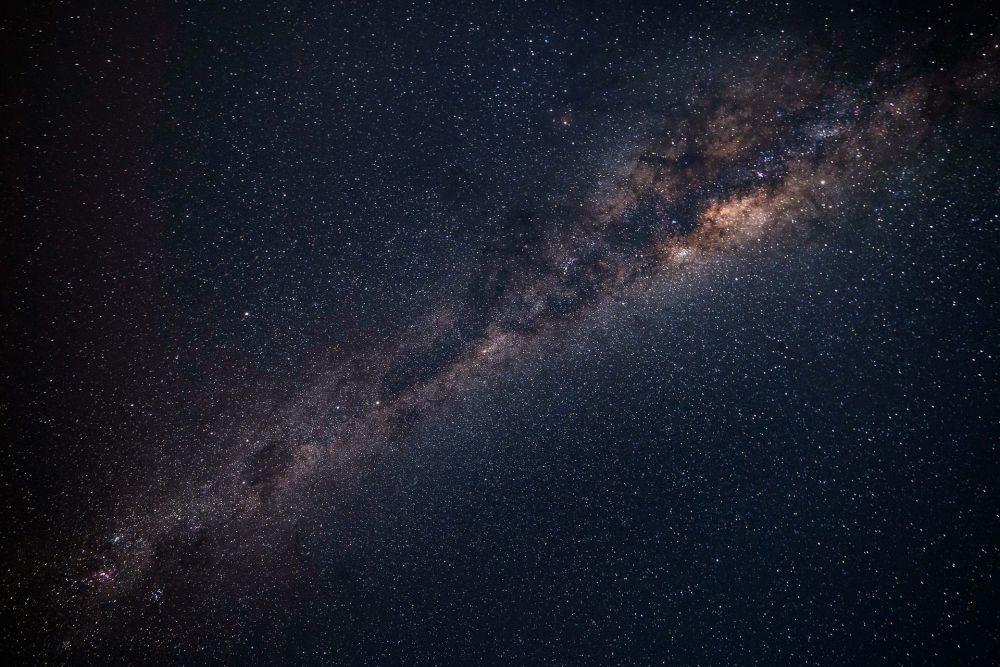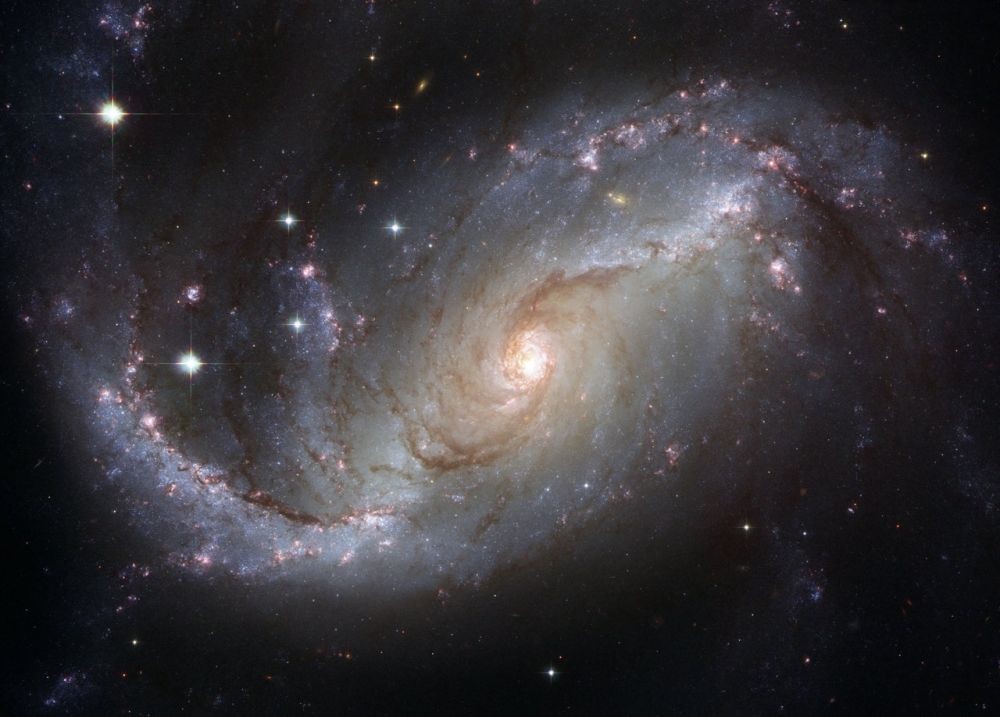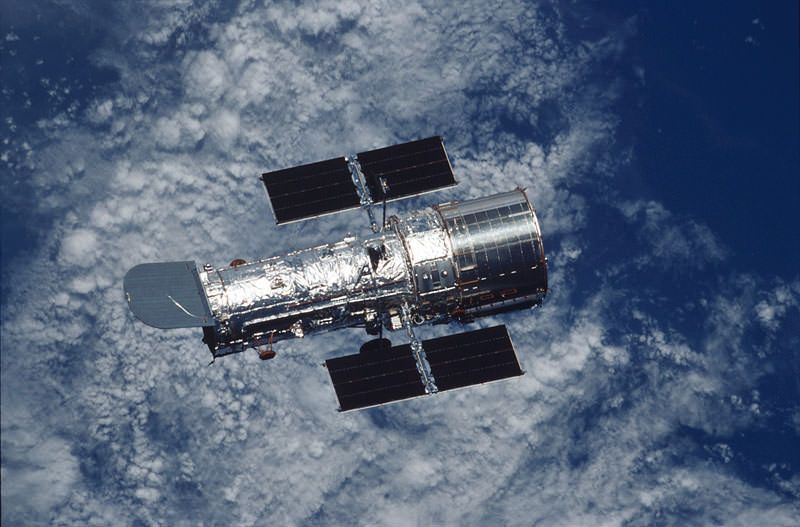Apart from Earth, there is a vast expanse of stars, planets, and other celestial bodies. These celestial bodies vary in size from small to millions of times larger than Earth. These celestial bodies also have their respective terms.
The number of these terms sometimes makes us confused. For example, do you know the difference between the Solar System, the Galaxy, and the Universe? If not, you must read this article to understand more about outer space. Check out the information below.
1. Solar System, where Earth is
You must know that Earth is the planet we live in. The location of the Earth is in the Solar System with the Sun as its center. Earth along with other planets, satellites and celestial bodies orbits the Sun.
The Solar System itself can be described as a planetary system located within the Milky Way Galaxy. The planetary system The Solar System has eight main planets revolving around the Sun. In English, the Solar System has the name Solar System where “solar” is taken from the name of the Sun in Latin, Sol.
–
2. A galaxy made up of many Stars
 The Milky Way Galaxy is where the Solar System is located (pexels.com/Phhilippe Donn)–
The Milky Way Galaxy is where the Solar System is located (pexels.com/Phhilippe Donn)–
The Solar System consists of a single star surrounded by planets and other celestial bodies. The Solar System itself is located in a galaxy called the Milky Way Galaxy or Milky Way. In addition to the Solar System, there are many other planetary systems and various other celestial objects that are in the Milky Way.
Galaxies have several shapes such as ellipses or ovals, lenses, spirals, and rings. The Milky Way Galaxy is a galaxy that has a spiral shape. The average galaxy has an average diameter of 3,000 to 300 thousand light years.
–
3. The Universe where everything exists
 Illustration of the Universe (pexels.com/Pixabay)–
Illustration of the Universe (pexels.com/Pixabay)–
The galaxy itself has a very large size. However, there is still something much bigger than the Galaxy. The Universe is a place where all things take shelter.
Continue reading the article below
Editor’s picks
–
The exact size of the Universe is still uncertain. Within the observable Universe, there are about 2 trillion galaxies. Today, the observable Universe is approximately 46.5 billion light years in size.
Also Read: 5 Most Unique Things That Can Be Learned From The Universe, What Are?
–
4. Observing the Universe
 Hubble Space Telescope (doc. Universe Today)–
Hubble Space Telescope (doc. Universe Today)–
Currently, it is still impossible to explore outer space beyond the Solar System. The cost required is very large and a very long time. If the Universe is so huge, how can we observe it?
To explore it, humans sent drones and space telescopes. One of the space telescopes that observes the Universe is the Hubble Space Telescope. This telescope has been in operation since 1990 and has observed many celestial bodies that lie in outer space.
–
5. You can also observe outer space
 Boscha Observatory in Lembang. IDN Times/Special –
Boscha Observatory in Lembang. IDN Times/Special –
You can also observe space without being an astronaut. If you are interested, you can go visit the observatory. One of the observatories in Indonesia is the Bosscha Observatory in Lembang.
Apart from the observatory, you can also explore outer space from home through simulations. There are many sites and apps that you can use to learn about everything in outer space. One site that you can use is NASA’s Solar System exploration site.
Now you know the difference between the Solar System, galaxies, and the Universe. It turns out that outer space is very wide, yes! In the midst of the vast expanse of stars and other celestial bodies, we live on Earth where conditions are very suitable for supporting life.
There are still many mysteries in outer space that must be known. Are you interested in exploring outer space? Share your feedback in the comments column, yes!
Also read: 5 of the best observatories in the world, suitable for those who like astronomy
–
–


